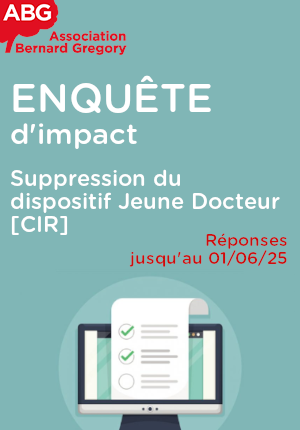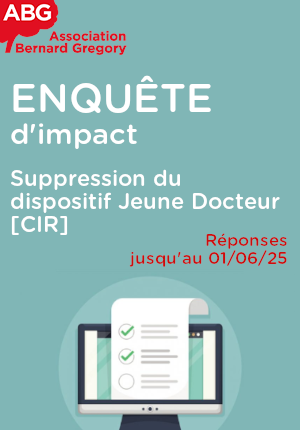The use of the nose-to-brain administration pathway in autoimmune diseases of the central nervous system
| ABG-132115 | Thesis topic | |
| 2025-05-21 | Public/private mixed funding |

- Biology
- Psychology, neurosciences
Topic description
The recruited PhD student will carry out experiments in disease models, and will perform molecular and histological analyses to characterize the changes in the CNS. Some experiments will be realized in the visual system which represents an accessible part of the CNS (Joly et al 2022 Journal of Neuroinflammation; Mdzomba et al 2020 Cell Death Dis). The experimental work will be conduceted under the supervision of Prof. Pernet, at the department of Neurology of Bern University Hospital-Inselspital. The selected PhD student will be registered in the PhD program of the Graduate School for Cellular and Biomedical Sciences (GCB) at the University of Bern. Presentations in local and international scientific conferences will be part of the doctoral training.
Funding category
Funding further details
Presentation of host institution and host laboratory
Our lab is part of the Center for experimental neurology (ZEN), located at the department of Neurology of Bern University Hospital-Inselspital, in Switzerland.
Our lab is focused on experimental approaches allowing the delivery of neurotherapeutics in the central nervous system (CNS) to promote neuronal repair and neurological recovery in autoimmune and neurodegenerative diseases. Indeed, the blood-brain barrier is a major obstacle to the passage of therapeutics from the blood flow to the brain. However, we have recently shown that the intranasal pathway could be used to neutralize CNS proteins preventing neuronal repair and functional recovery (Pernet et al 2023 Cell Death Discov). Our new studies aim at elucidating the basic mechanisms underlying antibody transport from the nose to the brain/spinal cord and at testing innovative treatments that may limit inflammatory processes in the CNS. The proposed PhD project includes the elucidation of neuroinflammatory processes in autoimmune diseases of the CNS.
PhD title
Country where you obtained your PhD
Institution awarding doctoral degree
Graduate school
Candidate's profile
Applicants must have received a MSc degree in Neurosciences, Biomedical Sciences, or Biology/Animal physiology. Past experience in animal experimentation (rodents, surgeries, behavior tests, etc) is needed to carry out in vivo studies. Knowledge in immunology is considered a plus. Candidates should have basic knowledge of softwares for statistics, image analysis and result presentation (powerpoint). Hands-on experience in histology/immunofluorescence microscopy, Western blotting, omics are strong assets. In previous lab internships, candidates should have learnt basics about data analysis. We are looking for highly motivated, well-structured, flexible and co-operative candidates with very good organizational and communication skills. Proficiency in English (written and spoken) is required (professional level), German or French is a plus in the bilingual Canton of Bern.
Vous avez déjà un compte ?
Nouvel utilisateur ?
Get ABG’s monthly newsletters including news, job offers, grants & fellowships and a selection of relevant events…
Discover our members
 PhDOOC
PhDOOC  SUEZ
SUEZ  MabDesign
MabDesign  MabDesign
MabDesign  ASNR - Autorité de sûreté nucléaire et de radioprotection - Siège
ASNR - Autorité de sûreté nucléaire et de radioprotection - Siège  TotalEnergies
TotalEnergies  Généthon
Généthon  Groupe AFNOR - Association française de normalisation
Groupe AFNOR - Association française de normalisation  Laboratoire National de Métrologie et d'Essais - LNE
Laboratoire National de Métrologie et d'Essais - LNE  ONERA - The French Aerospace Lab
ONERA - The French Aerospace Lab  CASDEN
CASDEN  CESI
CESI  Aérocentre, Pôle d'excellence régional
Aérocentre, Pôle d'excellence régional  Nokia Bell Labs France
Nokia Bell Labs France  Tecknowmetrix
Tecknowmetrix  ADEME
ADEME  Institut Sup'biotech de Paris
Institut Sup'biotech de Paris  Ifremer
Ifremer  ANRT
ANRT







